THEORETICAL FOUNDATIONS OF CORRECTIVE PEDAGOGICS AND EDUCATION
Bilous O., Shcherbyna S.
Preparation of future teachers for work in an inclusive educational environment. DOI 10.32342/3041-2196-2024-2-28-1 ![]()
THEORETICAL AND HISTORICAL ASPECTS OF PEDAGOGICAL SCIENCE
Blynova N. M., Bespalova N.V., Voloboieva A.O.
Didactic potential of telegram channels for English language learning in non-linguistic programs. DOI 10.32342/3041-2196-2024-2-28-2 ![]()
Danko A.
Partnership pedagogy in general secondary education institutions, analysis of the experience of foreign countries, integration into the NUS. DOI 10.32342/3041-2196-2024-2-28-3 ![]()
Lavrentieva O., Krupskyi O.
Didactics of the digital age: challenges, opportunities, and development prospects. DOI 10.32342/3041-2196-2024-2-28-4 ![]()
Totoba B.A., Mészáros G.
Gender-responsive pedagogy awareness: insights from educators and academic leaders of public universities in Ethiopia. DOI 10.32342/3041-2196-2024-2-28-5 ![]()
PSYCHOLOGICAL AND PEDAGOGICAL ASPECTS OF EDUCATION, UPBRINGING AND PERSONALITY DEVELOPMENT
Voshkolup H.
Educational autonomy as a prerequisite for the formation of the independence of future psychologists. DOI 10.32342/3041-2196-2024-2-28-6 ![]()
Harkusha I., Dubinskyi S.
The specifics of anxiety states among young people during interaction with social media. DOI 10.32342/3041-2196-2024-2-28-7 ![]()
Lavnikov O.
Development of reflection in doctors of philosophy as subjects of communicative interaction. DOI 10.32342/3041-2196-2024-2-28-8 ![]()
Chuvasov M.
Psychological and pedagogical support of diagnostic activities of future teachers. DOI 10.32342/3041-2196-2024-2-28-9 ![]()
Shuba L., Shuba V., Shuba V.
Mentor / lecturer in the personality development system. DOI 10.32342/3041-2196-2024-2-28-10 ![]()
THEORETICAL AND METHODOLOGICAL BASES OF PROFESSIONAL EDUCATION
Alieka H.
Methodological approaches to training future computer science teachers in programming with Scratch environment. DOI 10.32342/3041-2196-2024-2-28-11 ![]()
Volkova N., Lebid O., Korobeinikova T.
Development of social skills of Doctors of Philosophy in professional education: conceptual approaches, methodological toolkit. DOI 10.32342/3041-2196-2024-2-28-12 ![]()
Volkova N., Lovyanova I.
Blended learning technologies as a factor in developing self-education competence of medical college students. DOI 10.32342/3041-2196-2024-2-28-13 ![]()
Derstuganova N.
Reforming the European doctoral education system in the context of formation of generic competences. DOI 10.32342/3041-2196-2024-2-28-14 ![]()
Drozdova I.
Requirements for the professional qualities of lecturers in specialised subjects in agricultural higher education institutions. DOI 10.32342/3041-2196-2024-2-28-15 ![]()
Kyrylenko Ye.
Entrepreneurial competence of the future specialist: professional and personal dimensions. DOI 10.32342/3041-2196-2024-2-28-16 ![]()
Oleksandrenko K., Petliovana L., Sobol N.
Algorithm of foreign language professional competence development in the system of formation of professional activity of future HR-engineering specialists. DOI 10.32342/3041-2196-2024-2-28-17 ![]()
Taranenko T.
Formation of technological and design competences of students in the course “Materials science of sewing production” while working on design tasks. DOI 10.32342/3041-2196-2024-2-28-18 ![]()
INNOVATIVE APPROACHES TO TEACHING METHODS IN HIGHER SCHOOLS
Abasova S.H. qizi, Aliyeva E.Q. qizi.
Analysis of external and internal factors affecting higher education in the Azerbaijan Republic in the sphere of international economic relations. DOI 10.32342/3041-2196-2024-2-28-19 ![]()
Tarasov V., Tyutyunov O.
The role of STEM education in the professional training of future specialists in engineering and pedagogical fields. DOI 10.32342/3041-2196-2024-2-28-20 ![]()
Pohorielov M., Filatov S.
Formation of professional competence of future vocational training instructors in the field of transport using digital technologies. DOI 10.32342/3041-2196-2024-2-28-21 ![]()
Sliusarenko M.
System of professional training for shaping technological culture in future science teachers in higher education institutions. DOI 10.32342/3041-2196-2024-2-28-22 ![]()



